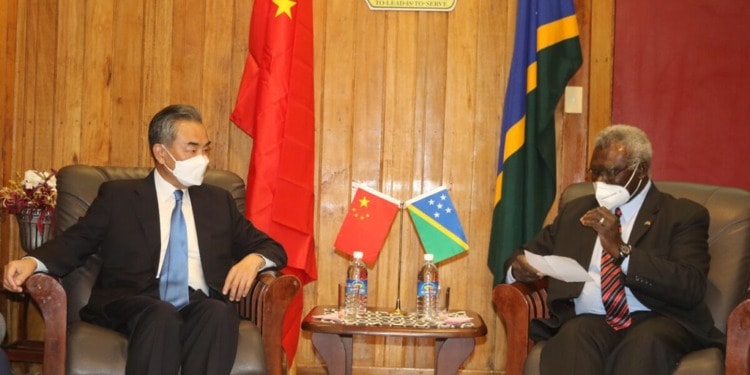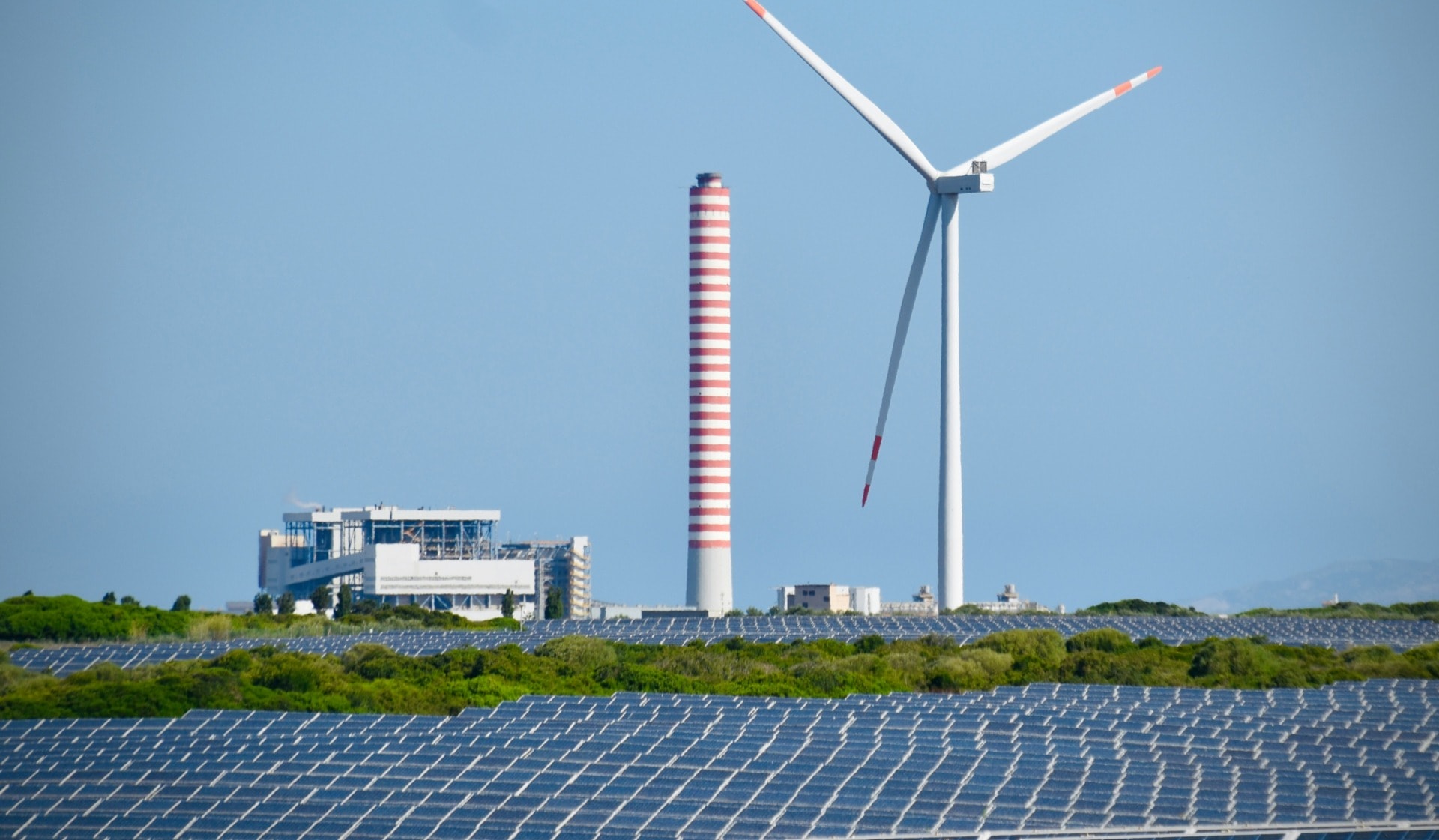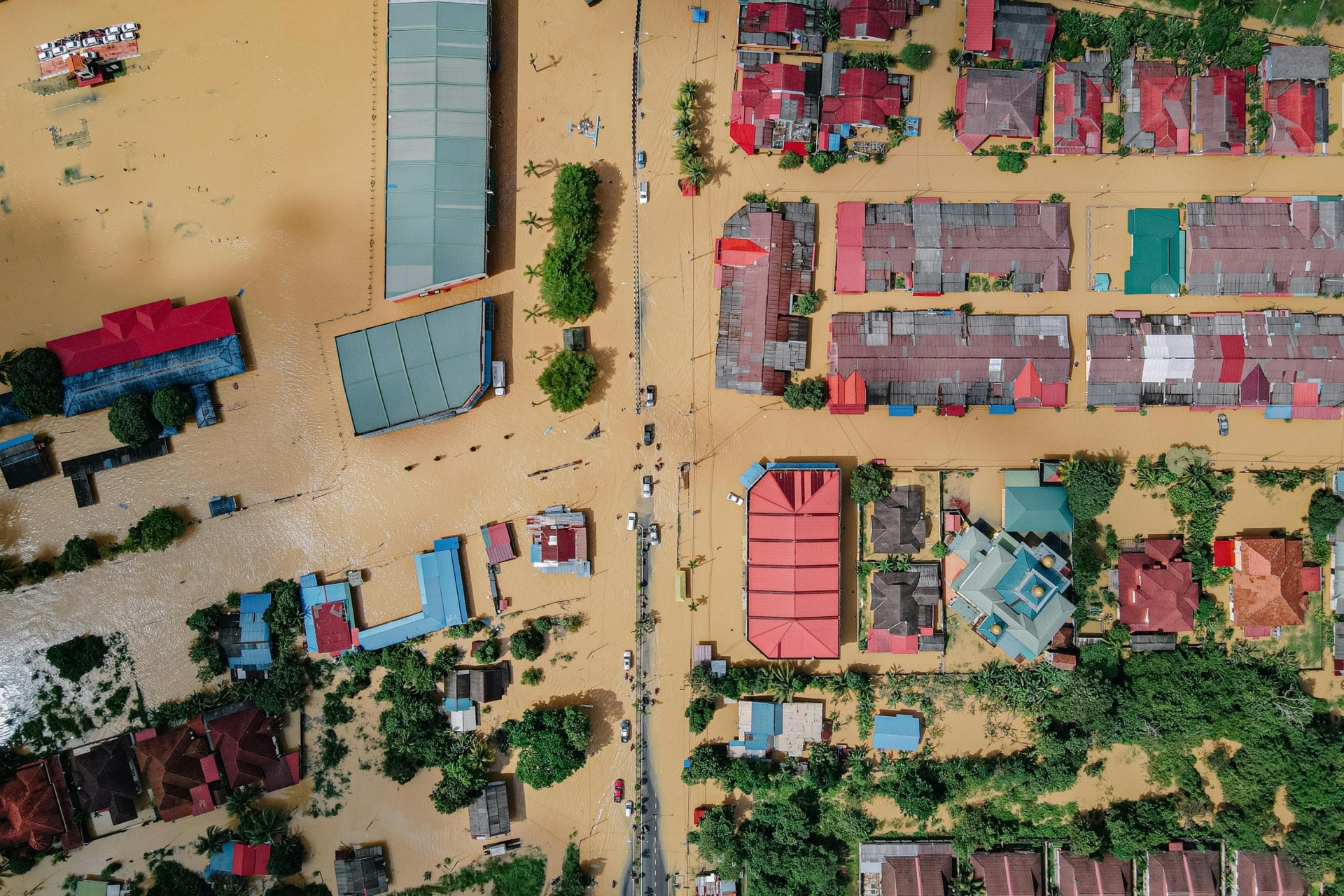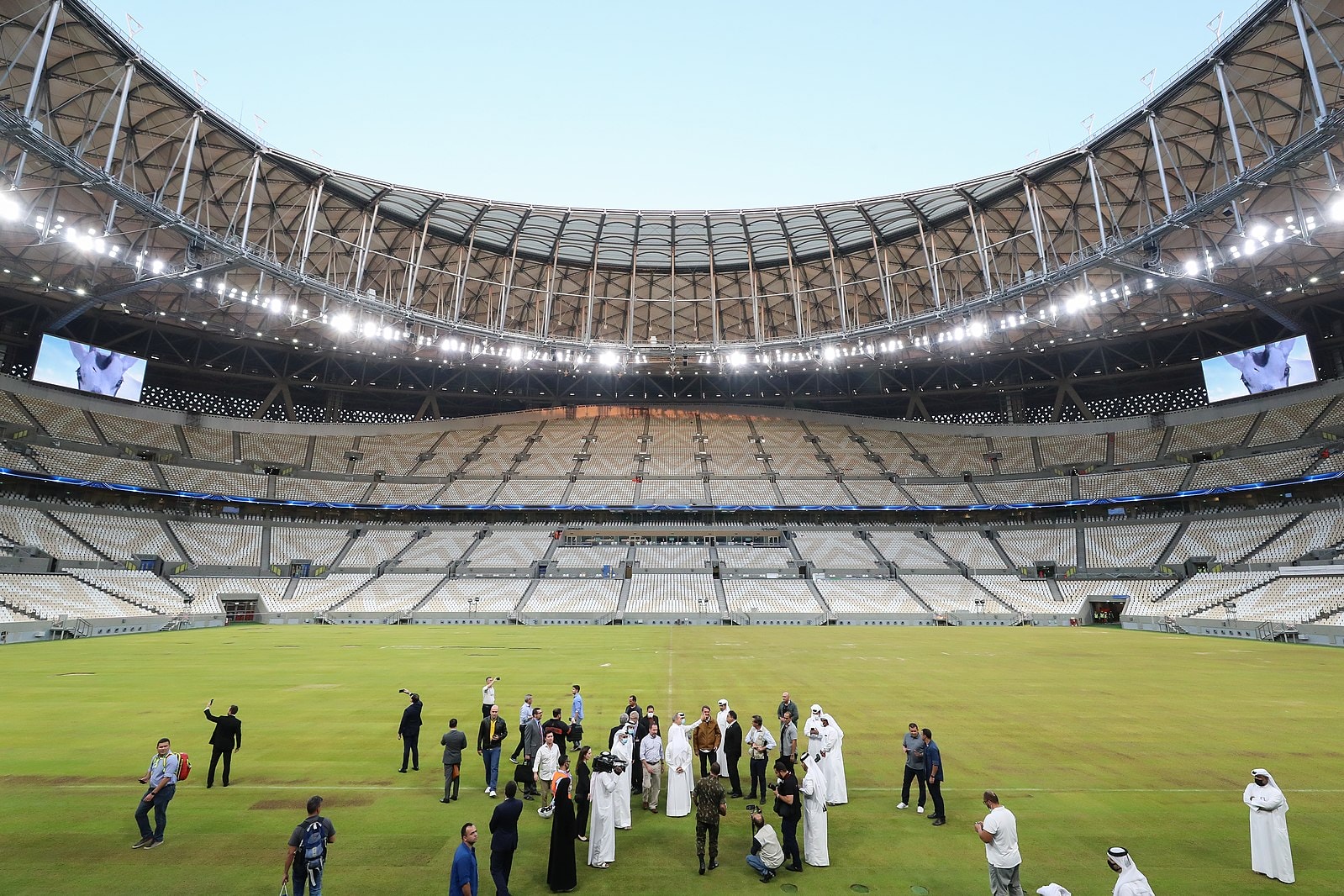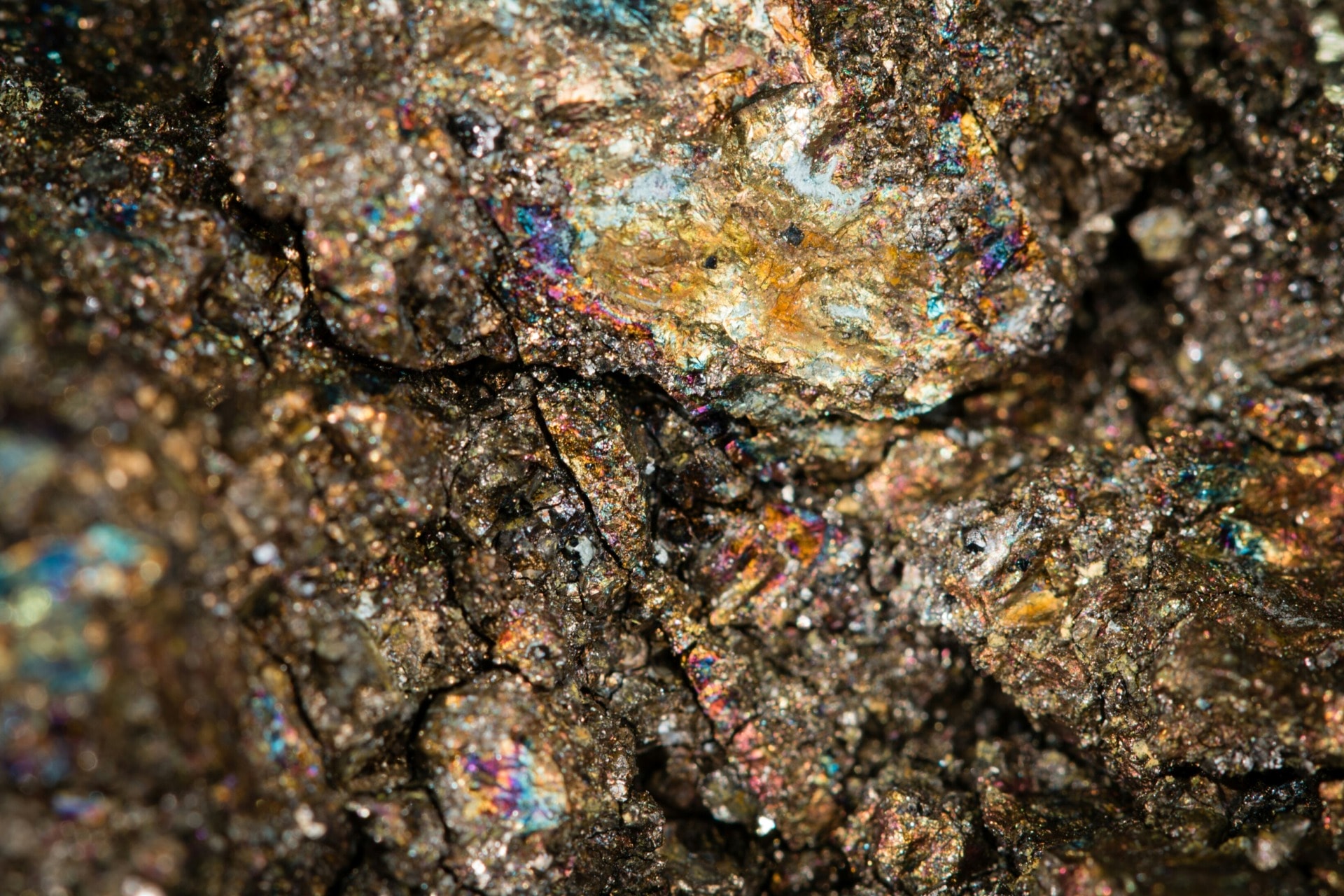The Solomon Islands find themselves at the centre of major geopolitical controversy since they signed a security agreement with China in April – the first bilateral security pact between Beijing and a country in the Pacific.
In the recent years, the region has become the strategic arena for a tense contest of strengths between the US, Australia, and China as Canberra fears the security deal may result in the set up of a Chinese military base less than 2,000 km from its eastern border, and Washington toils to undermine China’s growing economic and political dominance over the Asian sphere.
President Biden’s latest move to form a new Indo-Pacific trade deal in May was part of such effort, and his statement that the US would intervene militarily were China to attack the island of Taiwan (which isn’t part of the trade deal) contributed to the rise of diplomatic tensions in the region.
The deal, whose draft was leaked in March this year despite extremely secretive negotiations, sent shockwaves that were felt in the US, Australia, and New-Zealand, as well as among the Solomon Islanders themselves.
Reacting to the surge of international concern and criticism, Solomon Islands’ permanent secretary of foreign affairs Collin Beck – who’s believed to have been involved in the deal negotiations – invoked the major challenges posed to his country by global warming and “domestic security threats” to defend Solomon’s decision to form an alliance with Beijing.
Beck explained the security agreement is meant to help the Solomon Islands address critical development issues in the Pacific nation, including a population growing at a faster rate than the economy can afford.
“When we look at the security vulnerability of the country, you know, we have youth population, about 18,000 youth looking for jobs every year,” Beck said.
In November last year, the accumulation of chronic unemployment, frustrations with prime minister Manasseh Sogavare’s government and the impact of the pandemic on the economy sparked riots in Honiara that left three people dead.
Chronic unemployment and growing civil unrest are aggravated by the severe threat posed to the Pacific nation by global warming. Fast-rising sea levels have already claimed five Solomon islands in recent years, jeopardizing islanders’ livelihoods, particularly the fisheries their economy crucially relies on.
Beck asked of Australia, with whom the Solomon Islands also share a security deal, whether it had been “fair” to his nation in its intense scrutiny of the deal and called on the international community to respect the principles of “equality and fairness” critical to any diplomatic relation.
“We have various alliances that exist within the Pacific, which talk about the Pacific but the Pacific is not in the room,” he said, referring to the Quad association between the US, Australia, India and Japan, as well as the Five Eyes intelligence-sharing alliances of Canada, New-Zealand, Australia, the US and the UK.
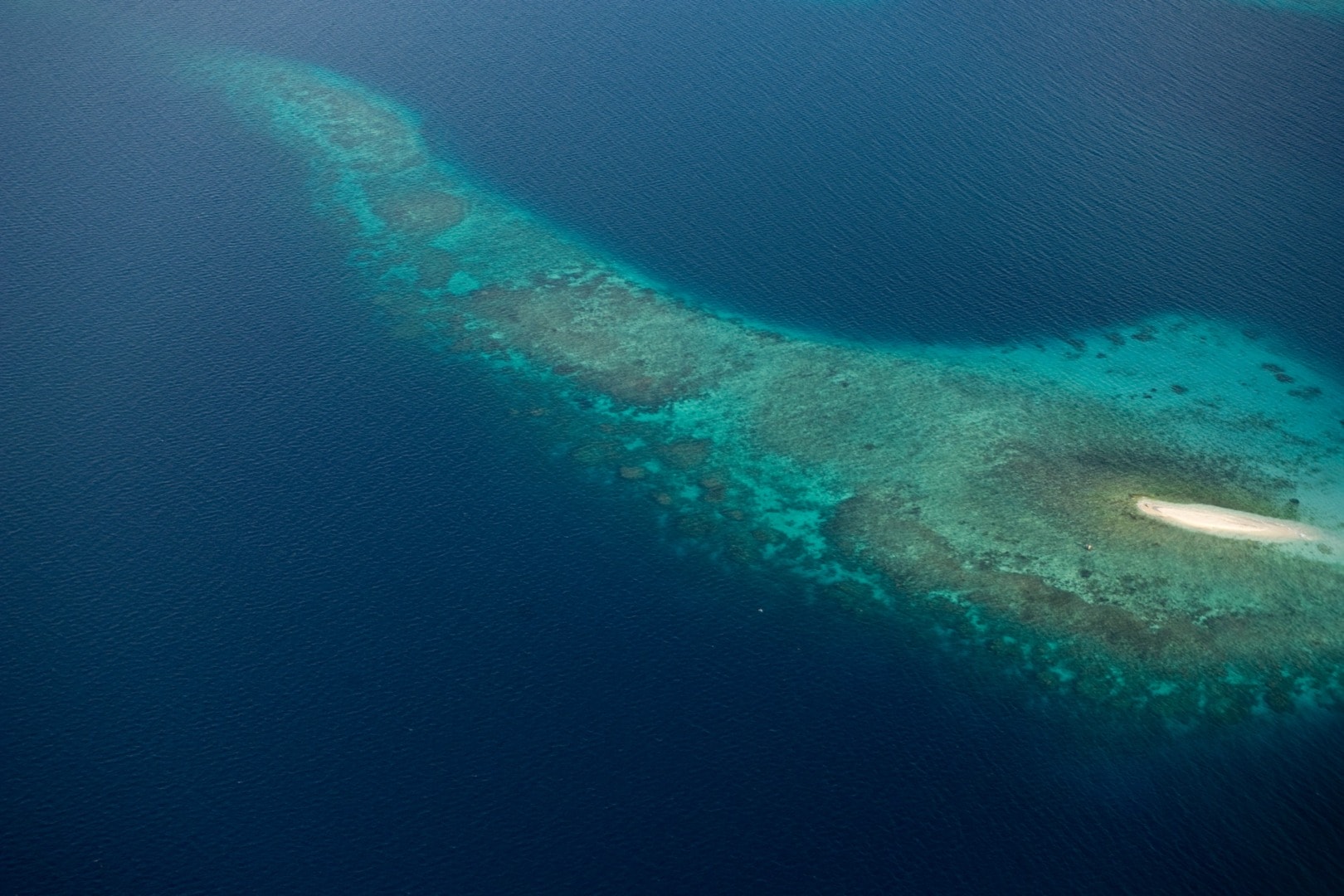
A deal that caught the world “off guard”
Prior to the deal draft’s leak in March 2022, the negotiations had been kept secret, led by a very tight circle of elected representatives trusted by the prime minister.
In the days following the leak, New Zealand’s defence minister Peen Henare said he and the Australian defence minister Peter Dutton has been caught “off guard” by the draft deal.
James Batley, the former Australian high commissioner to Solomon Islands, says the secrecy surrounding the deal is no surprise. “The Solomon Islands government would be aware of the sort of reaction of this would’ve caused in Australia, New Zealand, the US etc., so I think the idea would’ve been: let’s complete this before it becomes public.”
The draft deal alarmed western powers by its mention of China’s right to “make ship visits to, carry out logistical replenishment in, and have stopover and transition in Solomon Islands,” spurning speculations that the construction of a Chinese military base could start in Solomon – Australia’s “strategic nightmare,” according to James Batley.
The draft deal also empowered the Solomon Islands to call on China to send “police, armed police, military personal and other law enforcement” to the country for various reasons including “maintaining social order” and “protecting people’s lives and property.” The measure sparked the opposition politicians’ worries that Solomon Islands could use the Chinese armed forces to crush democratic dissent.
But Beck stressed the measures listed in the security deal are solely meant for last resort: “At all costs, we should never, ever trigger any of the security agreements,” he said.
Upon announcing the signing of the deal in parliament, Sogavare said: “Let me assure the people that we entered into an arrangement with China with our eyes wide open guided by our national interests.”
Related articles: President Biden Launches New Indo-Pacific Trade Deal, Without Taiwan | China & Pacific Islands: Multilateral Security Pact Fails, Regional Influence Still Sought
Motivations and implications more complex than we think
Reacting to the leak, James Batley had expressed his doubts over whether the Solomon Islands would really gain anything from a pact with China, implying that Beijing had orchestrated the entirety of the agreement.
“The text looks like it was drafted in Beijing and presented to Solomon Islands,” he said. “I think the initiative would’ve come from Beijing. I don’t think Solomon Islands went to China and said: ‘please can we have a security agreement?’”
But the Solomon officials involved in the making of the agreement, including Collin Beck, fiercely defended their country’s right to choose their allies as prime minister Sogavare stressed it was “very insulting to be branded as unfit to manage our sovereign affairs.”
Solomon and China’s respective motivations for the deal, and the ensuing implications, are a bit more complex than what is described in the western powers’ alarmist discourse.
Lucas Myers, the program associate at the Wilson Centers Asia Program and an expert in Indo-Pacific geopolitics, explained in a piece for Foreign Policy that while the Solomon-China agreement did introduce significant political competition in the Pacific region, China’s ability to contest sea control deep into the Pacific is likely decades out.
Even if China did build a military base in Solomon, it would take years for it to scale up to the point of threatening the region’s current balance of power – and it still wouldn’t measure to the US main operating bases in South Korea and Japan.
That’s because, in the short term at least, China’s power projection into the Pacific remains focused on key national interests: to secure its logistics and military access to critical sea lines of communication, build the defence capacity to deter and defeat foreign intervention, and defend Chinese nationals and investments situated abroad.
The latter is a central focus of the security deal signed with Solomon as the Pacific nation’s growing civil unrest indeed poses a threat to the Chinese population living there. The November 2021 riots – which, for the record, saw the deployment of Australian law enforcement in Honiara – were in part fueled by anti-China violence which ravaged the capital’s Chinatown, where the bodies of three deceased people were found in a burnt-out building.
Though it was not possible for forensic doctors to certify whether the dead bodies belonged to Chinese nationals, the event was a bleak reminder of another anti-China riot which in 2006 pushed China to organize the emergency evacuation of over 300 Chinese people.
Climate change should be the focus
In defending the deal for The Guardian, Collin Beck made the point that international alarm over whether the Solomon-China pact overlooks the fact that the biggest threat to the Pacific region’s security is climate change, and chooses to focus on lesser geopolitical and strategic interests instead.
He said such reaction from western powers was comparable to raising alarm over which “fire station” the Solomon Islands chose to turn to rather than pay attention to the actual causes of the fire.
“What we should be talking about is actually preventing the fire,” he said. “Security and development are two sides of the same coin. Now we need to address our development agenda… Solomon Islands, first of all, is a small island developing state, its vulnerability to climate change is real.”
Beck added that his country was now bracing for the 2.7 to 3°C of global heating above industrial levels – a projection which, despite being far above the claimed 1.5°C objective of the Paris Agreement, is the most likely outcome based on current policies and measures.
“So what does it mean?” said Beck. “It basically means the sinking of many of our islands, the impact on the economy, the impact on tourism, the impact on fisheries, etc. So when you look at – even for climate change alone – it needs more partnership, not less partnership.”
The threat that global warming poses to Solomon’s fisheries is severe as the fishing sector is central to the country’s economy. Rising sea levels mean fishermen must go further into the sea to find fish, and the warming of the waters, as well as more frequent and intensifying cyclones, shatter the fragile balance of marine ecosystems, making it more difficult to gather decent amounts of fish and seafood.
Aimed in part at alleviating the pressures put on Solomon Islands by the climate crisis, the Solomon-China agreement includes joint fisheries development and a free trade zone.
But it won’t be enough to limit the damage caused by global warming. Western powers need to set up and implement meaningful, long-term partnerships and policies to assist the region in recovering its security and developing resilience.
https://www.youtube.com/watch?v=w-awKMVBlaI
Gladys Habu, a Solomon climate campaigner, voiced the deep worries, heartbreak, and anger that Solomon Islanders feel as they find themselves on the frontline of a climate crisis they did not provoke:
“Our country doesn’t contribute that much to the emission of greenhouse gases and global warming, and yet we are the ones facing this and it’s not something we brought upon ourselves, this is something that people from the Western countries did to us. And we are facing the consequences of their own doing.”
“I feel for my people because we cannot afford this,” she added. “And this is all we have.”
Editor’s Note: The opinions expressed here by Impakter.com columnists are their own, not those of Impakter.com — In the Featured Photo: Chinese foreign minister Wang Yi meeting with Solomon Islands prime minister Manasseh Sogavare. Featured Photo Credit: Prachatai/Flickr.


